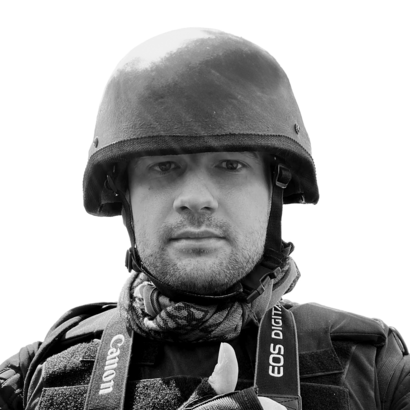Recently, I’ve been giving interviews about my new book, I Will Show You How It Was: The Story of Wartime Kyiv. People tend to ask the same question: What motivated you to tell this story, and to tell it in the way you did?
I always give the same answer: it’s the astonishing acts of enthusiasm, defiance, and courage that I saw with my own eyes in February and March 2022, when Russia first attacked the capital of Ukraine. This is a real story of how the best things about human nature had a very surprising victory over the evil that seemed to be invincible, all-powerful, and inescapable.


